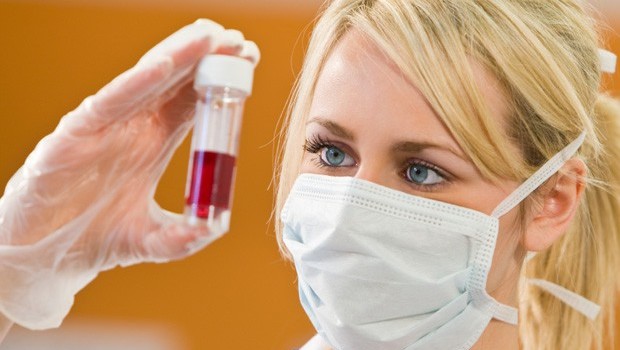Important Facts About Taking An HIV Blood Test
If you are an intravenous drug user or have ever had sex, it is important to take an HIV blood test on a routine basis. In fact, this is a normal part of regular preventative care. If a person is determined to be infected with this disease, he or she can immediately begin taking a range of medications that will prolong life and enhance its quality.
Most people are terrified to take these tests, simply because they are afraid of the unknown. This is especially true for individuals who have been living high-risk lifestyles by having unprotected sex with multiple partners or sharing drug needles with other. In reality, however, even someone who does not engage in these behaviors can come in contact with this virus. If you are an in a monogamous relationship with a partner who is secretly having sex with someone else or a range of additional partners, his or her behaviors can have a negative impact on your health.
One large part of this process is often a survey that will help providers to take stock of your lifestyle. This will usually include questions about your sexual behavior, preferences partners and past history with sexually transmitted diseases among other things. You will also be asked about the type of protection that you use when being intimate with your partners as this too, will help providers to determine how high-risk your lifestyle will actually be.
It is very important for expectant mothers to receive testing of this type. There are many medications that can prevent the in vitro transmission of this virus. Women who have tested positive should also not breastfeed their children as this is yet another way to transmit this disease.
Another issue of concern for most patients is whether or not testing can result in a false positive. This is when a person is determined to have the virus, when in fact, he or she does not. The likelihood of this is very slim, however, it does happen.
In order to prevent the occurrence of false positives, many providers are now issuing blood testing programs first. If these come back positive they will implement a secondary testing process. This is called Western blot. If both testing procedures result in positive results, it is almost 100% likely that the patient is infected.
There are certain instances in which testing cannot detect the virus. This is usually just after transmission has occurred. The body has not begun producing sufficient antibodies to be detected by the most common testing procedures. There is usually a four to six week window after a person has been infected during which a false negative result is likely.
Getting an HIV blood test is not just a way to ensure your health and to protect and preserve it should a positive result be received. It is also a very responsible way to manage your sexual relationships. If you know you have this virus you can begin to notify and protect your partners. Free testing sites are available in numerous locations and all participants have access to counseling services when necessary.










